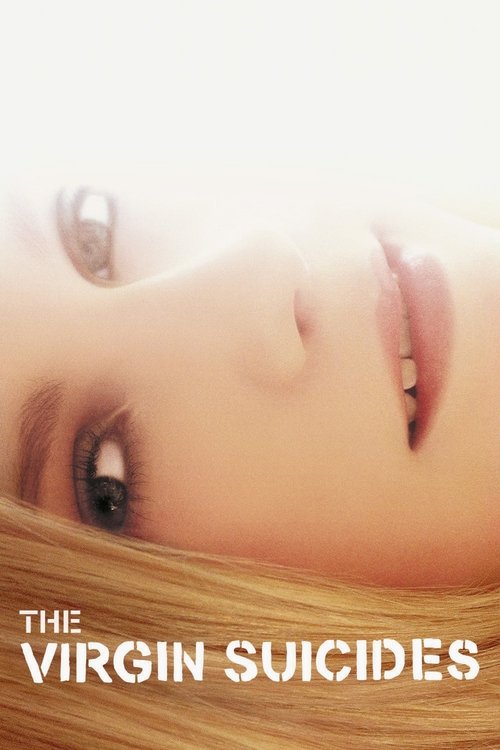
Title: The Virgin Suicides
Year: 2000
Director: Sofia Coppola
Writer: Sofia Coppola
Cast: Kirsten Dunst (Lux Lisbon), Josh Hartnett (Trip Fontaine), James Woods (Mr. Lisbon), Kathleen Turner (Mrs. Lisbon), Michael Paré (Adult Trip Fontaine),
Runtime: 97 min.
Synopsis: A group of male friends become obsessed with five mysterious sisters who are sheltered by their strict, religious parents.
Rating: 7.122/10